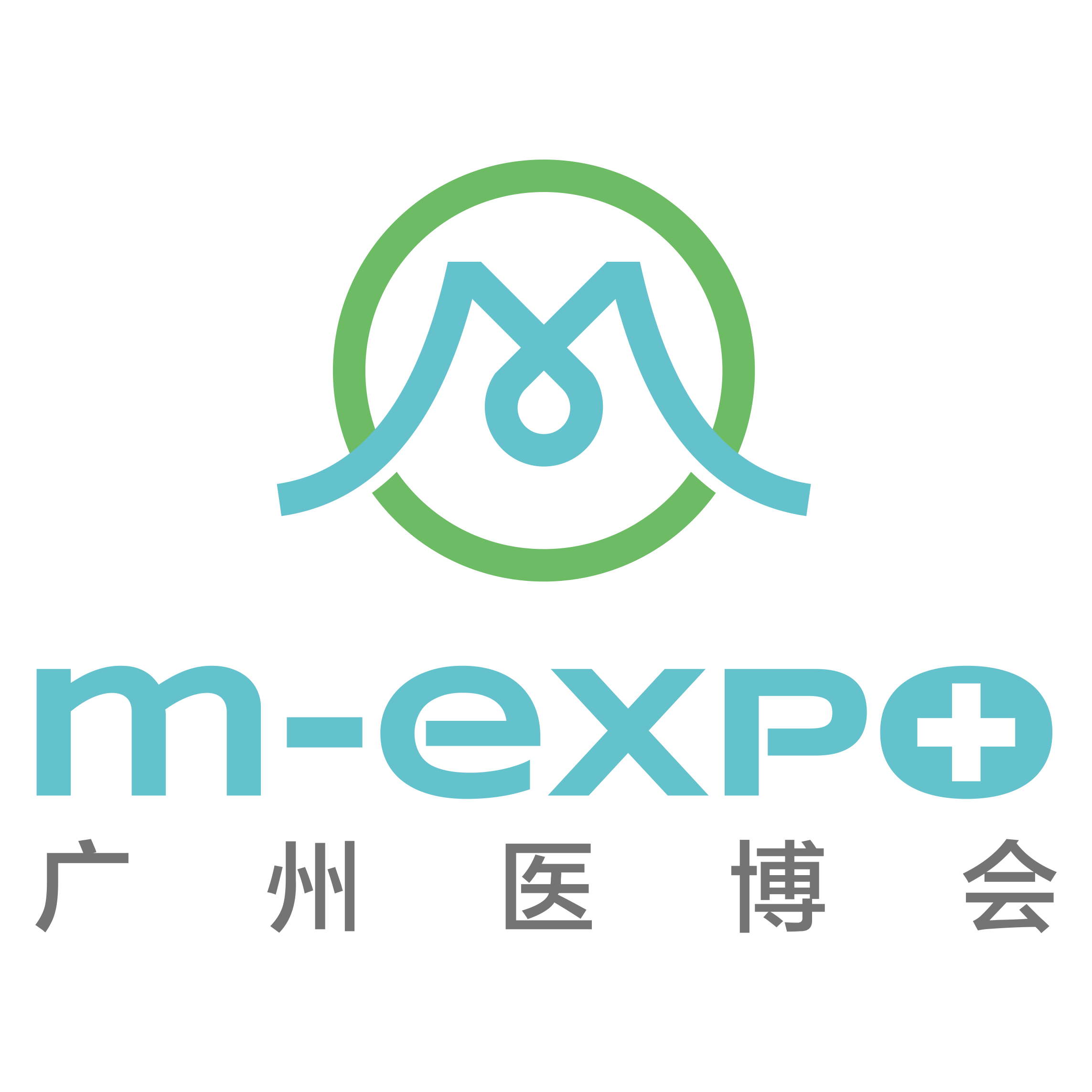With the rapid development of technology and the changing global population structure, the healthcare industry is undergoing unprecedented changes. Here are several major trends in the healthcare industry in 2025:
1. New changes in medical insurance policies
Starting from 2025, China's medical insurance policy will undergo significant adjustments, especially for those who have been continuously insured and have zero reimbursement from the fund, who will enjoy medical insurance incentive policies. Insured individuals who have continuously participated in the resident medical insurance for at least 4 years can enjoy an incentive to increase the maximum payment limit of major illness insurance by no less than 1000 yuan per year for each consecutive year of participation. In addition, for residents who have not used the medical insurance fund for reimbursement, the maximum payment limit for major illness insurance in the next year will also be appropriately increased.
2. Modernization and upgrading of medical IT systems
With the integration of cloud systems, AI, and the Internet of Things, modernizing and upgrading medical IT systems has become a necessary trend. This can not only reduce IT maintenance costs by up to 40%, but also improve operational efficiency by 20-30%, reduce network security risks, and achieve a return on investment of 175%.
3. IoT and wearable devices drive personalized healthcare
The development of the Internet of Things and wearable devices is driving a new trend of personalized healthcare, improving disease management, predictive healthcare, and proactive intervention capabilities.
4. Application of AI in the field of healthcare
It is expected that by 2026, the global AI market in the healthcare sector will reach $45.2 billion. AI will continue to drive industry transformation, from automating administrative tasks to enhancing diagnostic capabilities.
5. The growth of telemedicine and virtual nursing
Remote healthcare will become a common practice, surpassing video consultation and covering remote monitoring, AI driven diagnosis, and virtual nursing teams, especially in areas with insufficient medical services and rural areas.
6. Medical Internet of Things (IoMT) and wearable devices revolutionize health monitoring
IoMT devices will seamlessly integrate with healthcare systems, providing valuable data for personalized treatment plans and early diagnosis of health conditions.
7. Deep integration of artificial intelligence into clinical practice
Artificial intelligence will further deepen its application in the medical field, promoting the comprehensive upgrade of disease detection and management models. Neural network models trained on multi omics data will improve the accuracy and diagnostic efficiency of disease prediction.
8. The transformation of medical services from passive diagnosis and treatment to active management
Medical services are transitioning from simple disease diagnosis and treatment to more proactive health management, which will paint an innovative picture for global health management.
9. Trends in the Smart Healthcare Industry
The smart healthcare industry will delve into the overall development trends of the global and Chinese smart healthcare industries, evaluate the progress of smart hospital construction and medical informationization.
10. Key Trends in Digital Transformation
By 2025, the global healthcare system will be more interconnected, intelligent, and patient-centered. Key trends include telemedicine, medical IoT AI、 Blockchain VR/AR、 Digital therapy and predictive analysis.
These trends indicate that by 2025, the healthcare industry will place greater emphasis on prevention, personalization, and patient experience, while also facing challenges such as data privacy, resistance to change, and interoperability. By strengthening security, change management, and developing interoperability standards, as well as collaborating with experienced healthcare application development companies, the digital transformation process can be accelerated.
相关推荐
- 2026 Guangzhou Medical Expo Scheduled for August! Building the Core Engine for the Greater Bay Area's Healthcare Industry. 2025-11-07
- Full-chain Empowers Industrial Innovation! The 2025 Guangzhou Medical Expo Successfully Concludes Today 2025-08-24
- Grand Opening of 2025 Guangzhou Medical and Health Industry Expo: Jointly Paint a New Blueprint for Health and Play the March of Industrial Endeavor 2025-08-22
- Over 400 hospitals and enterprises gather in the City of Rams! Guangzhou Medical Expo has become a highland for the first launches of innovative pharmaceuticals and medical devices. 2025-06-13

